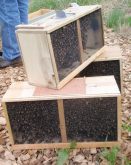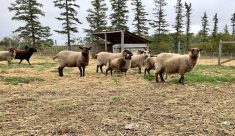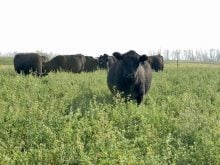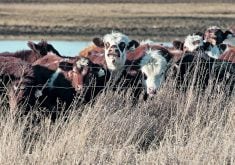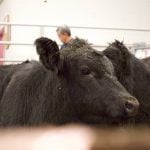Russian veterinarians and meat inspectors are coming to Canada to examine measures Canadian companies have taken in order to become eligible to ship more meat free from the feed additive ractopamine, says Agriculture Minister Gerry Ritz.
“We will try to show them how our companies can keep beef and pork treated with ractopamine separate from other meat,” Ritz told reporters in a conference call from Kazakhstan. Earlier he visited Russia and held discussions with the country’s new agriculture minister and other officials.
In April, VPSS, Russia’s veterinary and phytosanitary service, halted beef and pork shipments from about half of the Canadian companies registered to export meat to Russia. As he has all along, Ritz pressed his Russian counterpart to accept ractopamine (which aids digestion and improves feed efficiency) because studies have found it safe and WTO membership requires members to use sound science when making health decisions on imports.
Read Also
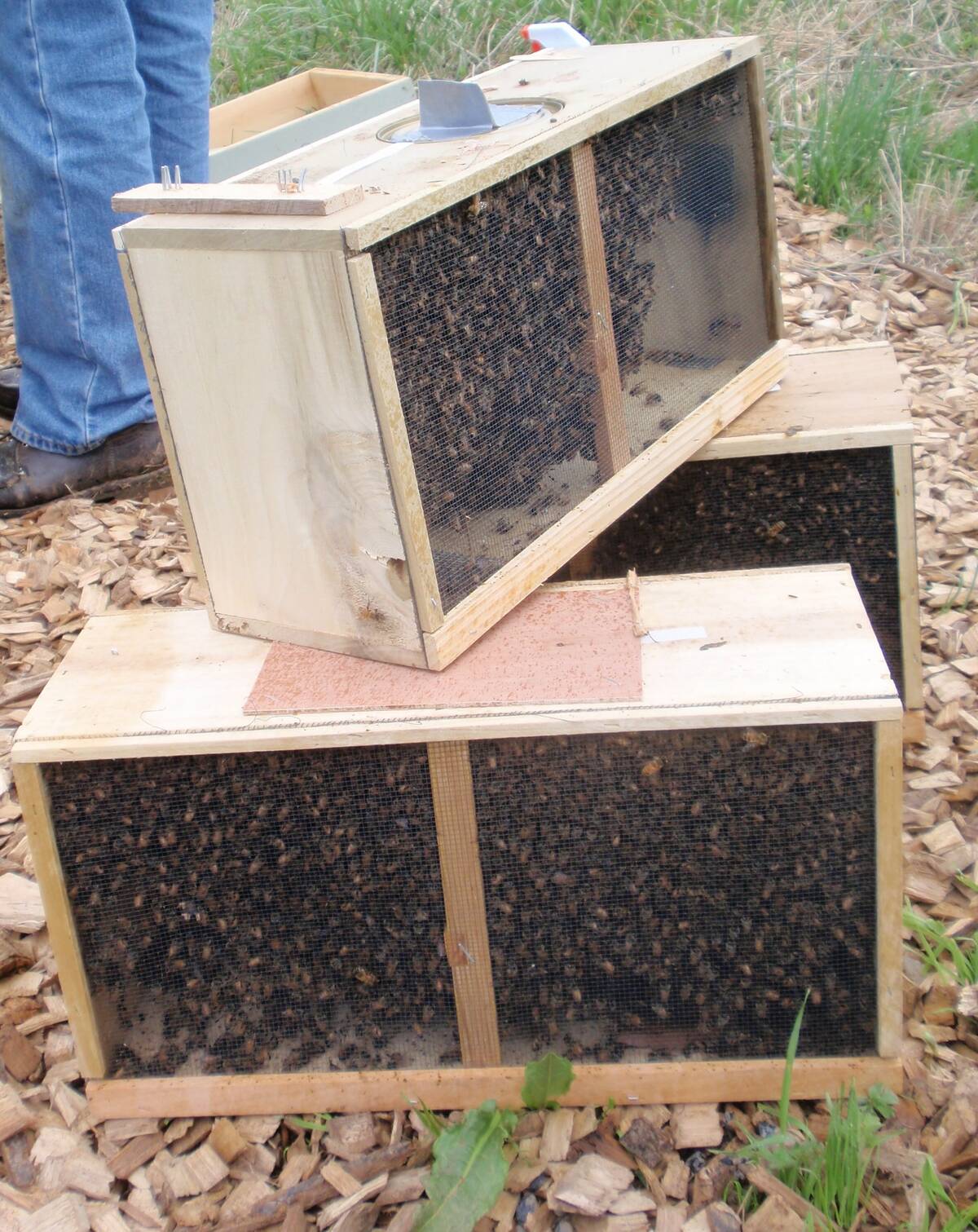
Canadian beekeepers call for regulatory accountability
Beekeepers say the Canadian Food Inspection Agency should restore U.S. packaged bee shipments, claiming the agency isn’t following evidence.
Russia has also blocked shipments from the U.S., Mexico, and Brazil because of concerns that ractopamine residue could impact humans.
Canada has been the largest pork supplier to Russia — selling $500 million worth last year. But VPSS is now only accepting product from 12 Canadian pork packers and a handful of beef operations. Most of the operations are small.
The Canadian Cattlemen’s Association says the levels of ractopamine being fed to Canadian cattle are well below the internationally set limit. Russia bought about $15 million of beef from Canada last year.
In addition to Russia, South Korea and Taiwan have banned it over concerns that residues could remain in the meat and cause health problems.
In December, Russia required all imported meat to have never been treated with ractopamine, which severely reduced beef shipments. In April, it tightened the restriction to take product only from plants that don’t handle animals fed the stimulant.


